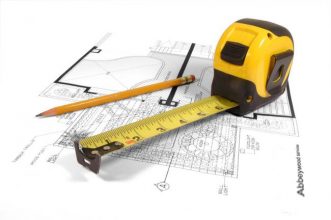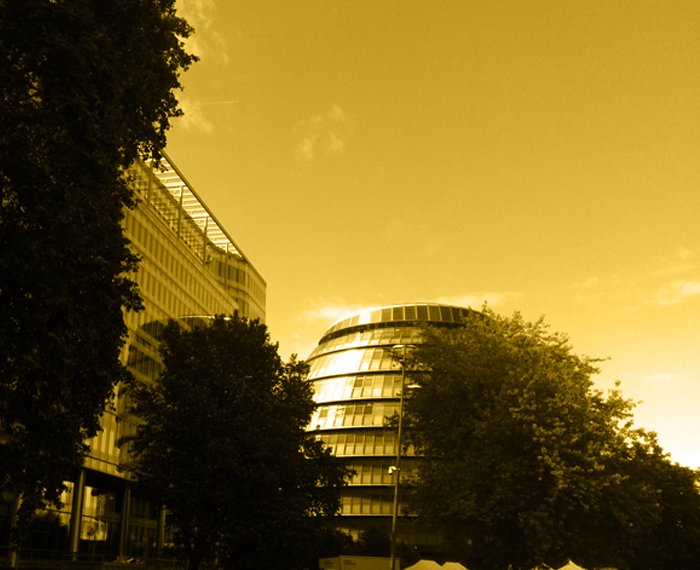
By definition, a tech startup is just starting out. The founders may have genius-level intellects and god-like coding skills, but they may lack experience in the ins-and-outs of a commercial lease.
This may cause them to pay more than they should for their space. They see a reasonable rate for the monthly rent and want to sign the dotted line quickly so they can move in and lay some fiber cables ASAP. However, rent is only one of the expenses that this space will cost you.
Today, we’re going to focus on capital costs in commercial leases and their impact on a startup’s bottom line. We will take a brief look at what you can expect to pay and some of the costs that you should negotiate out of your lease.
What Should Be Included in Capital Costs?
There is no hard and fast rule for what should or shouldn’t be included in the business costs that a given tenant is required to pay.
Some people will tell you that if the cost improves the building in any way, the tenant should pay for a part of it. Whereas, costs that merely maintain the property should be covered by your commercial rent contract. However, there is wiggle room in both directions.
The truth of the matter is that there are a lot of factors involved. The main one is the competitiveness of the properties local market and the demand for this space.
If a property owner knows there will be multiple parties competing to snap up this prime space, they can get away with demanding that more capital costs are paid. However, in a less competitive market, they have less leverage there and may have to scale their demands back a bit to rent the space.
So, there are a number of costs that you may (or may not) have to pay, based on how you negotiate your lease. These may include:
- Unit maintenance & utilities
- Property taxes
- Insurance
- Common area maintenance
- Administrative fees
It is always best to assume that your first offer from the landlord will contain more capital expenses than you may have to pay. You can probably whittle the terms down some, unless there are other candidates and other offers on the table.
Capital Expenditures That Should Almost Never Be in a Commercial Lease
Despite the gray area that we’ve covered above, there are certain things that almost no commercial tenant should be paying.
This may include things like:
- Removing hazards or getting “up to code” prior to the start of the lease
- Depreciation of the property
- Damages for a personal injury lawsuit caused by the landlord’s negligence
- Repair costs for a fire or storm
- A reserve funds for future repairs or upgrades
If this seems a bit daunting, that’s because it often is. Your landlord may not be out to scam you out of money, but they’re definitely going to strike the best possible deal for themselves. That may include a few more capital costs than you should be paying.
If you don’t know anything about commercial real estate and this is your first lease, we highly recommend you work with an expert who can flag these would-be issues for you.
Remember, rent is only one of your expenses. This property can cost you a lot more than you think!
This is an article provided by our partners network. It does not reflect the views or opinions of our editorial team and management.
Contributed content

IntelligentHQ Your New Business Network.
IntelligentHQ is a Business network and an expert source for finance, capital markets and intelligence for thousands of global business professionals, startups, and companies.
We exist at the point of intersection between technology, social media, finance and innovation.
IntelligentHQ leverages innovation and scale of social digital technology, analytics, news and distribution to create an unparalleled, full digital medium and social business network spectrum.
IntelligentHQ is working hard, to become a trusted, and indispensable source of business news and analytics, within financial services and its associated supply chains and ecosystems.




























